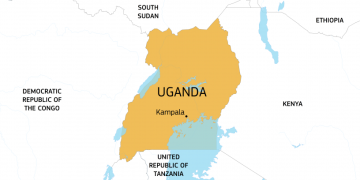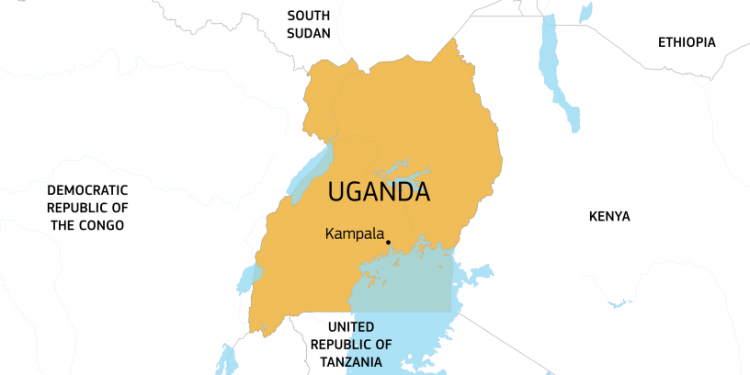Uganda, hosting the largest refugee population in Africa, had to deal recently with the additional threat of the Ebola epidemic in the country, between September 2022 and January 2023. At the same time, Uganda continues to receive large numbers of people fleeing conflicts in neighbouring countries.
The Greater Horn of Africa region is facing multiple and overlapping humanitarian crises with more than 50 million people in urgent need of food assistance. To help, the European Commission will provide some €331 million in humanitarian aid primarily targeting food insecurity as well as addressing the needs of displaced persons and refugees, disaster preparedness, and education in emergencies.
The funding will support humanitarian projects in Djibouti (€ 500 000), Ethiopia (€60.5 million), Kenya (€12.5 million), Somalia (€72 million), South Sudan (€82 million), Sudan (€73 million) and Uganda (€30 million).
Uganda is confronted with the impact of instability in neighbouring countries, with more than 95 000 new refugees arriving in 2022, either fleeing conflict in the eastern Democratic Republic of Congo or the instability in South Sudan. As the country hosting the largest number of refugees in Africa (1.5 million), the government pursues a progressive and inclusive policy towards refugees and has signed up since 2018 to the UN Comprehensive Refugee Response Framework (CRRF), for which its policies are the inspiring model.
This model is, however, at risk in a context of economic crisis, with growing numbers of refugees, increased tensions with host communities and reduced funding available for the refugee response. The country is also affected by numerous natural disasters and exposed to epidemics, such as Ebola. The Northeast region of Karamoja is impacted by the drought with 518 000 persons in IPC3+ (41 % of the population of the region).
Commissioner for Crisis Management, Janez Lenarčič, stressed: “We have mobilized substantial financial resources to address the deteriorating humanitarian situation in the Greater Horn of Africa. Humanitarian needs are at their highest ever in some countries, with the situation being particularly dire in Somalia, Ethiopia, South Sudan and Sudan. The drought in the Horn of Africa, combined with the repercussions of Russia’s war of aggression against Ukraine, have resulted in unprecedented levels of food insecurity. Conflict and climate-change-related hazards continue to result in internal displacement, and cross-border refugee flows. Our response is not limited to funding – in 2022, for example, we organised a series of Humanitarian Air Bridge flights delivering life-saving aid to hard-to-reach areas of Somalia. We will continue working, with our humanitarian partners on the ground, to deliver aid to those who need it the most.”
EU support to Uganda will focus on life-saving assistance to the most vulnerable refugees and their host communities. Universal access to quality basic services delivery and the provision of household-level assistance to refugees and host communities will be supported on a multi-sectoral basis.
The provision of multi-purpose and unconditional cash, risk-informed and targeted based on socio-economic vulnerability and protection concerns, will remain central to the response to address the basic needs of the most vulnerable. EU support will continue to strengthen local disaster preparedness to address the multiplicity of crises including epidemics, new refugee influxes and natural hazards by ensuring effective linkages between early warning and early action.











